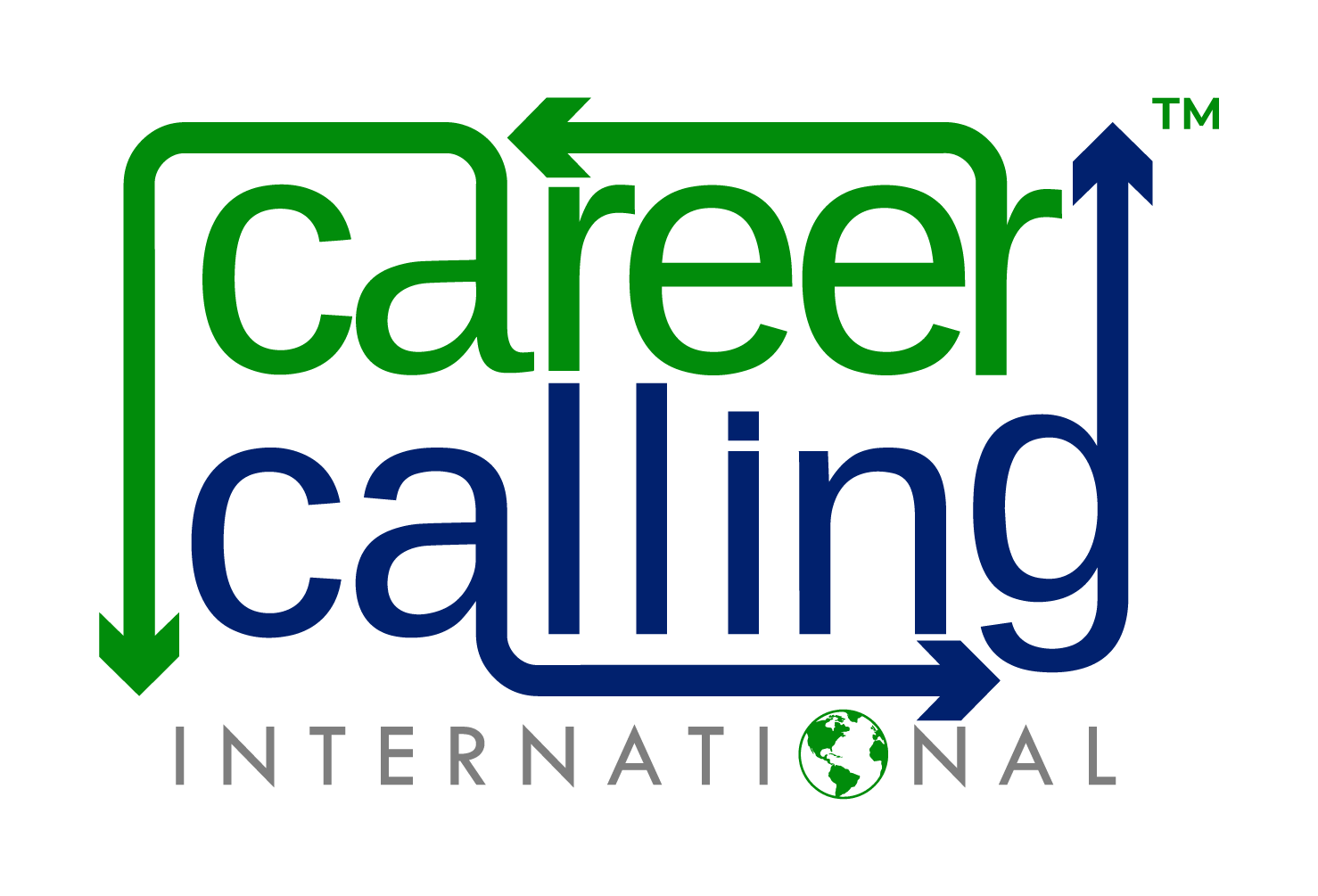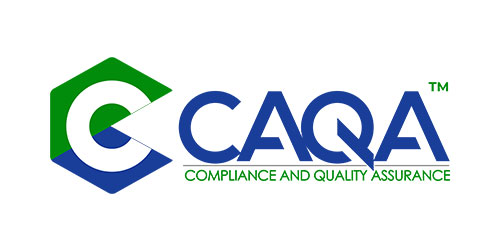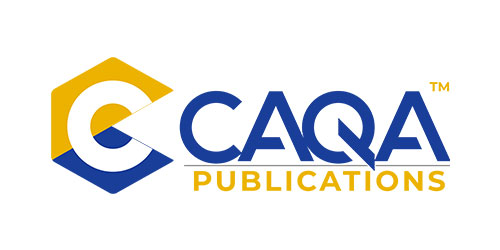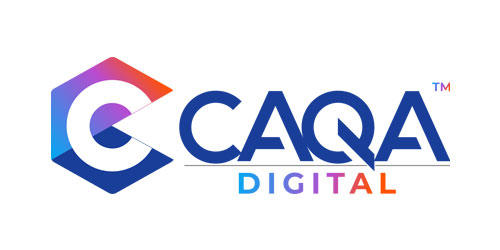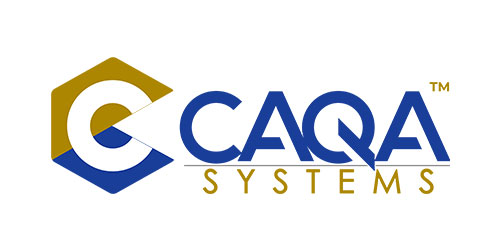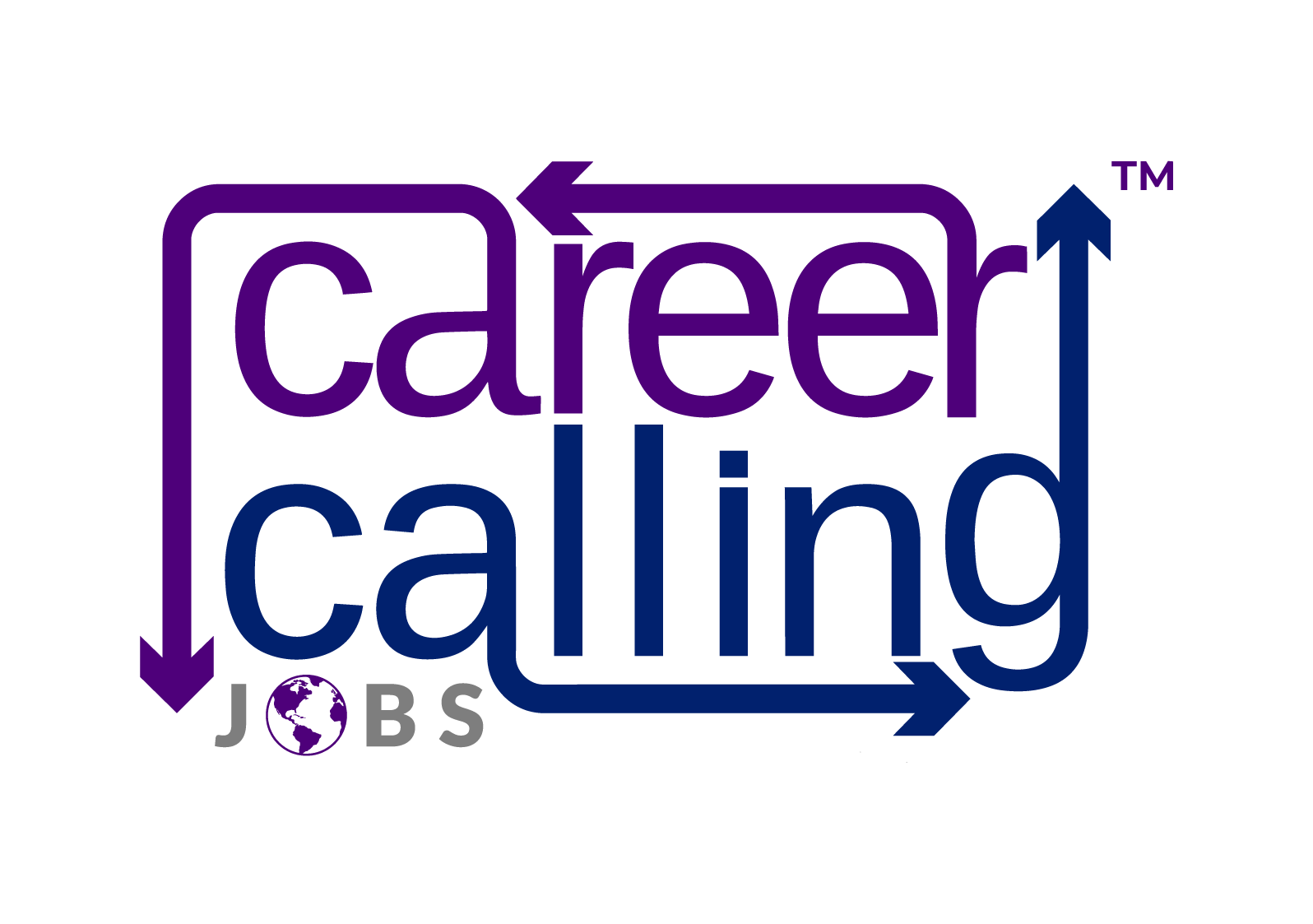-
Home
- |
- Blogs
- |
- Compliance
- |
- Compliance is more than just following rules and regulations.
- Home
- |
- Blogs
- |
- Compliance
- |
- Compliance is more than just following rules and regulations.

Compliance is more than just following rules and regulations.
Organisations today face an increasingly complex regulatory environment. To meet their compliance obligations, they need to have a strong compliance program in place.
Compliance is a process, a mindset, a culture, and a team effort. It’s continuous, and it’s about more than just following rules and regulations. It’s about risk management, people, and communication. When compliance is part of an organisation’s DNA, it helps to create a safe, healthy, and productive environment for everyone involved.
Compliance isn’t just about following rules though. It’s also about having the right mindset. Staff need to be proactive in their approach to compliance, always looking for ways to improve procedures and prevent problems from arising.
To be truly compliant, an organisation must have a culture of compliance that permeates every level of the organisation. Additionally, compliance is a continuous process, not a one-time event. As such, it requires ongoing effort and vigilance from everyone involved.
And compliance requires buy-in from everyone in the organisation. It’s not something that can be left to the compliance officer or senior management. Everyone needs to play their part in creating a culture of compliance.
Compliance is a process because it involves identifying risks, implementing controls to mitigate those risks, and then monitoring the effectiveness of those controls. It is a mindset because it requires everyone in the organisation to be aware of the importance of compliance and to take ownership of their role in maintaining compliance. Compliance is a culture because it should be embedded into the way the organisation operates, from the top down.
Compliance is a team effort because everyone in the organisation plays a role in maintaining compliance. From the CEO to the front-line staff, everyone needs to be aware of the importance of compliance and their role in upholding it. Compliance is a continuous process because the risks associated with training activities are constantly changing. This means that controls need to be regularly reviewed and updated to ensure they remain effective.
The success of any compliance program depends on the buy-in and cooperation of everyone in the organisation. Without this, compliance will always be an uphill battle.
Just because you’ve achieved compliance today doesn’t mean you can rest on your laurels. You need to always be vigilant and keep up to date with changes in the law or best practice.
Compliance is about risk management. It’s about understanding the risks associated with your training activities and taking steps to mitigate those risks. It’s also about ensuring that your employees are properly trained and aware of the risks involved in their job tasks. Compliance is about creating a safe, healthy, and productive environment for everyone involved. When compliance is part of an organisation’s DNA, it helps to create a positive culture of safety and respect. In turn, this can lead to improved morale, increased productivity, and reduced risk. All of which are good things for any training organisation.
An effective compliance program starts with clear communication from management about the importance of compliance and the organisation’s commitment to meeting its obligations. This should be followed by training for all employees on the specific compliance requirements relevant to their roles. From there, organisations need to establish processes and procedures to ensure that compliance risks are identified and managed effectively. Finally, they need to create a culture of compliance by ensuring that employees are aware of the consequences of non-compliance and that there are systems in place to report potential breaches.
And finally, compliance is about communication. You need to ensure that everyone in your organisation understands the compliance requirements and knows how to comply with them. Only then can you create a culture of compliance that will help keep your organisation safe and compliant with the law.
Compliance may seem like a lot of work, but it’s essential for any training organisation. By following these strategies, you can ensure that your organisation is compliant and avoid any problems further down the line.
So, when it comes to compliance in your training organisation, remember that it is more than just following rules and regulations. It is a process, a mindset, and a culture. And it starts with you.
2 years ago
Related News

29 April, 2021
How to complete a compliant Trainer Matrix – Part 2 of Part 5
To refresh yourself, please find Part 1 here The majority trainers are unaware of the value of having an accurate and up-to-date trainer matrix available as a road map to the training planned, designed, and offered to learners and ultimately also for the audit and verification purposes. Part of a training organisation’s responsibility is to […]
4 years ago
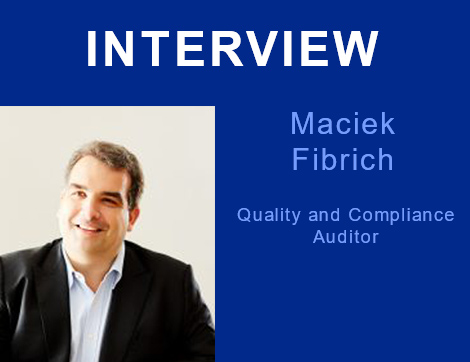
14 December, 2021
Interview with Maciek Fibrich, Quality and Compliance Auditor
Maciek Fibrich is the Director of RTO Coaching and Consultancy Pty Ltd which provides amongst other services, coaching, mentoring and consultancy services as well as professional development and operational support to training organisations across Australia. Maciek has been working in the Vocational Training sector for 21 years and as a consultant for over 15 years […]
3 years ago

24 March, 2022
The CEO Declaration of Compliance
Have you ever stopped to wonder why, when you return to Australia, border officials ask you “Do you have anything to declare?” There are a few reasons for this. Australia imposes taxes on goods entering the country, and in order to protect those tariffs, we restrict the things that can be imported duty-free. Australia, like […]
3 years ago

27 June, 2022
Compliance is more than just following rules and regulations.
Organisations today face an increasingly complex regulatory environment. To meet their compliance obligations, they need to have a strong compliance program in place. Compliance is a process, a mindset, a culture, and a team effort. It’s continuous, and it’s about more than just following rules and regulations. It’s about risk management, people, and communication. When […]
2 years ago

27 June, 2022
Operate from a position of compliance.
The Australian Vocational Education and Training (VET) regulatory framework is dynamic. There are regular changes to standards, requirements and conditions. As a provider of training services, you need to stay up-to-date with these changes to ensure you continue to operate from a position of compliance. Here’s a breakdown of some key areas relating to compliance […]
2 years ago

27 June, 2022
Maintain compliance and regulatory register to record legislation change
You can be asked by the regulatory body to demonstrate how you identify legislation change, what you did to demonstrate compliance and how the information related to legislation and regulatory changes and their impact on the training organisation was communicated to the RTO stakeholders so that everyone stays up-to-date within your training organisation. SRTOs 2015 […]
2 years ago
Archives
- July 2022
- June 2022
- May 2022
- April 2022
- March 2022
- February 2022
- January 2022
- December 2021
- November 2021
- October 2021
- September 2021
- August 2021
- July 2021
- June 2021
- May 2021
- April 2021
- March 2021
- December 2020
- November 2020
- May 2020
- February 2020
- December 2019
- November 2019
- October 2019
- September 2019
- August 2019
- July 2019
- May 2019
- April 2019
- March 2019
- December 2018
- November 2018
- October 2018
- September 2018
- August 2018
- July 2018
- June 2018
- May 2018
- November 2016
- October 2016

Sukh Sandhu
Chief Executive Officer
Sukh has been working in the VET and Higher Education Industry for over 20 years. In this time, he has held several roles with RTO’s including CEO roles for International Colleges and National Compliance and Quality Assurance Manager roles for several RTO’s, TAFE’s and Universities. Sukh has also worked for ASQA as a Business Systems Project Official.
Sukh has had extensive project management experience in risk management, compliance, administration and as a training consultant. He has extensive knowledge in government compliance standards and has participated in nearly one hundred audits across Australia and provided consultancy advice regarding ASQA/VRQA, TEQSA, ACPET, DET-HESG, VQF/Higher Education, ELICOS, NEAS, ANMAC, AHPRA, CRICOS, ESOS and ISO.
Sukh is a member of several independent professional organisations and government bodies including, ACPET, VELG, ACS, AITD, MARA, MIA, ISANA, APEX, IEEE, The Internet Society (Global Member), AISIP, IAMOT, ACM, OISV, APACALL, IWA, Eta Kappa Nu, EDSIG and several others.
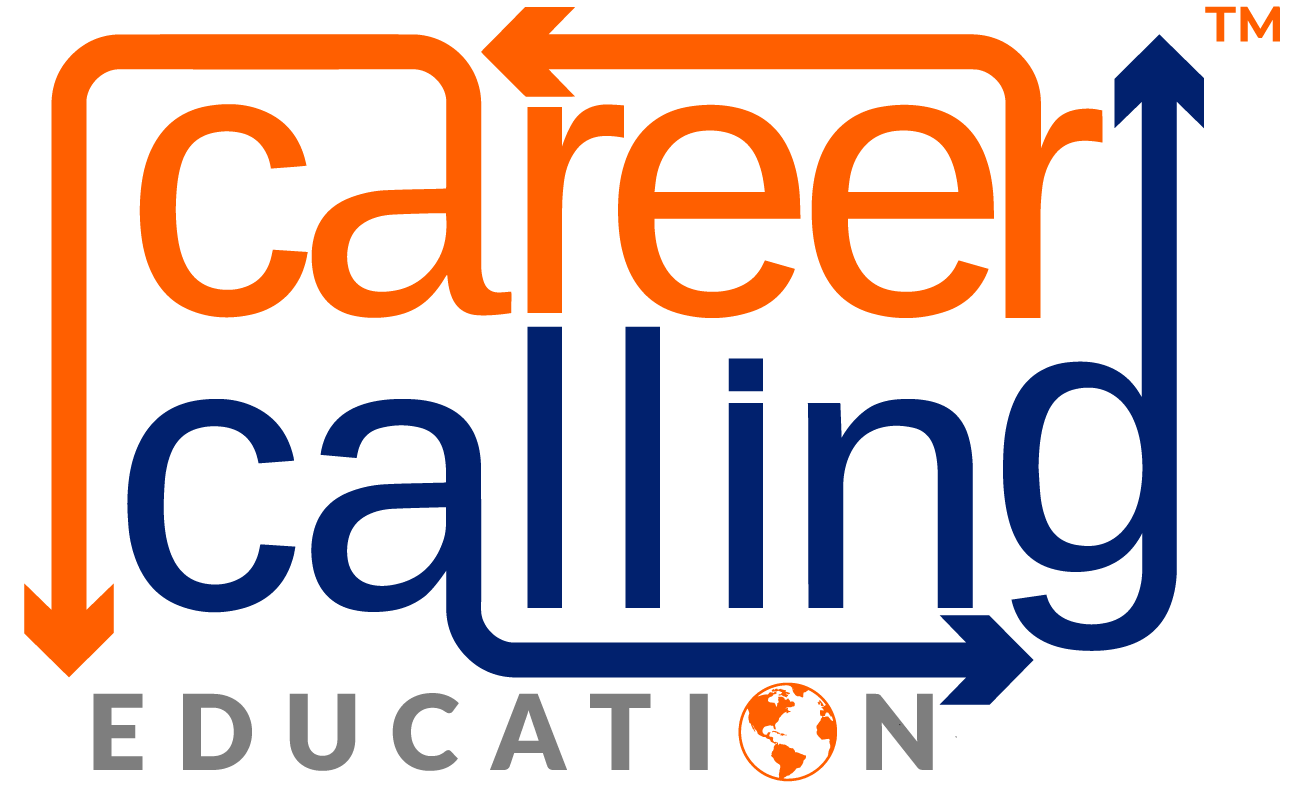
 Enrol Now
Enrol Now Info Pack
Info Pack